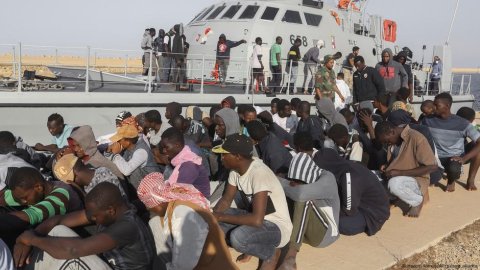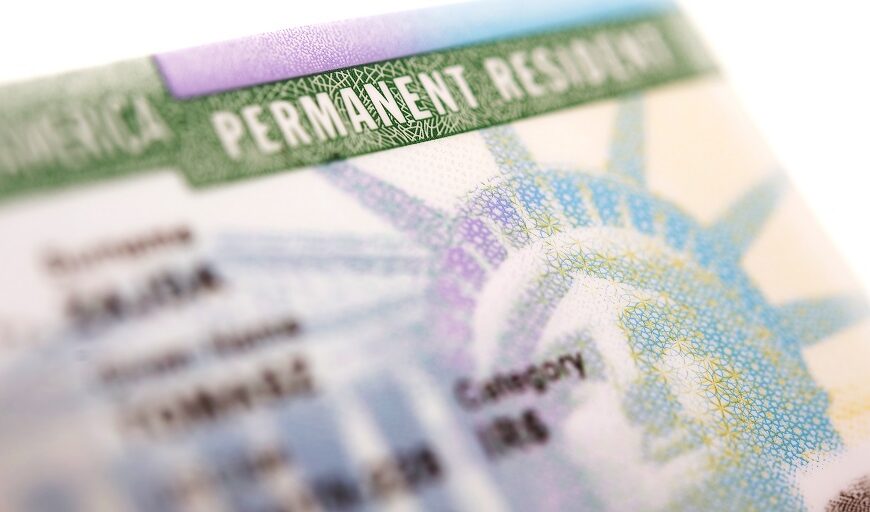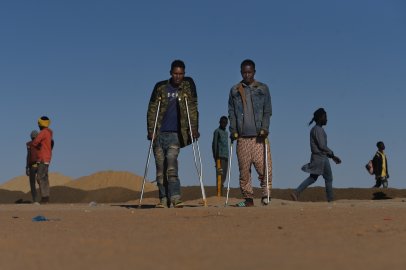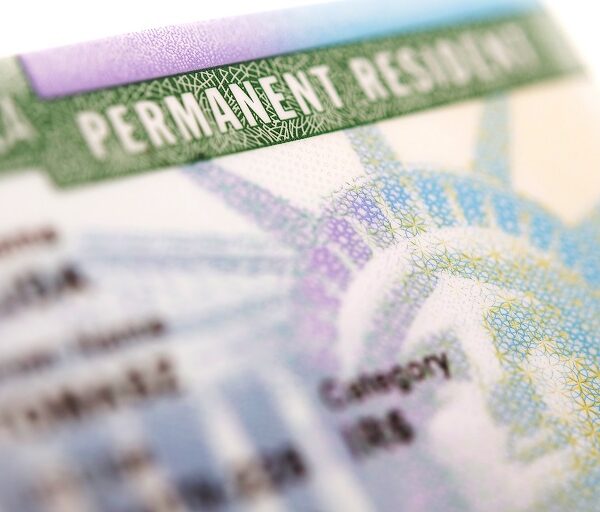Understanding the Complex Dynamics of Trafficking and Smuggling from Libya to the EU
The crisis of human trafficking and smuggling from Libya to Europe has escalated in recent years, drawing international attention and concern. Among the various players in this intricate web of migration, Russia’s involvement has emerged as a significant factor influencing the dynamics of the situation.
The Background of Migration from Libya to Europe
Libya has long been recognized as a primary departure point for migrants seeking asylum and better opportunities in Europe. The conflict and instability in the country have created a perfect storm for human trafficking and smuggling networks to thrive.
Key factors contributing to this crisis include:
Migrants from various African nations embark on perilous journeys, often paying hefty sums to smugglers for the chance to reach Europe. Unfortunately, many face dire conditions in transit, including abuse, exploitation, and even death.
The Role of Russia in the Trafficking and Smuggling Crisis
Russia’s involvement in the Libya-EU trafficking and smuggling crisis is multifaceted. The country has established itself as a key player in the Libyan conflict, supporting various factions and thereby exerting considerable influence over the region.
Some of the ways Russia is implicated include:
By backing specific groups, Russia has inadvertently contributed to the ongoing instability in Libya, leading to an increase in the number of people attempting to flee the country. This has, in turn, intensified the trafficking and smuggling crisis, as more migrants seek the perilous journey across the Mediterranean.
How Traffickers Exploit the Situation
The presence of organized crime syndicates in Libya has been exacerbated by the power vacuums created by local conflicts. These traffickers often operate with impunity, and their methods are increasingly sophisticated and brutal.
Traffickers typically engage in:
Migrants often find themselves trapped in a cycle of exploitation, where they may be held for ransom or forced into labor upon reaching Europe. The international community has recognized the need to combat these networks, yet doing so in such a volatile environment is fraught with challenges.
The European Response to the Crisis
In light of the growing crisis, European nations have struggled to develop a cohesive response to the influx of migrants. The EU has implemented various policies aimed at curbing illegal migration and enhancing border security.
Key aspects of the European response include:
While these measures aim to address immediate concerns, they often ignore the broader geopolitical implications, including Russia’s role in destabilizing the region. Efforts to curb smuggling must be coupled with an understanding of the underlying issues driving migration.
The Geopolitical Implications of Russia’s Role
Russia’s involvement in Libya and its effects on migration patterns have broader geopolitical implications. As the EU grapples with the migration crisis, Russia’s actions can be seen as a strategic move to increase its influence in the Mediterranean and challenge the EU’s authority in managing migration.
Implications of this dynamic include:
The geopolitical chess game surrounding Libya and its impact on migration will require careful navigation by European leaders, who must balance security concerns with humanitarian obligations.
Future Prospects and Solutions
Addressing the Libya-EU trafficking and smuggling crisis requires a multifaceted approach. Stakeholders must consider both immediate humanitarian needs and long-term solutions to the underlying issues.
Potential strategies for the future include:
By adopting a holistic approach, the international community can better manage the complexities of migration while addressing the role of influential players like Russia in the ongoing crisis.
Conclusion
Understanding Russia’s involvement in the Libya-EU trafficking and smuggling crisis is essential for comprehending the broader implications of migration in the region. As the crisis continues to evolve, it is crucial for all stakeholders to collaborate in addressing the root causes, enhancing security, and providing humanitarian support to those caught in the crossfire of political turmoil. Only through concerted efforts can the cycle of exploitation and suffering be broken, paving the way for a more stable and secure future for migrants and the nations involved.







